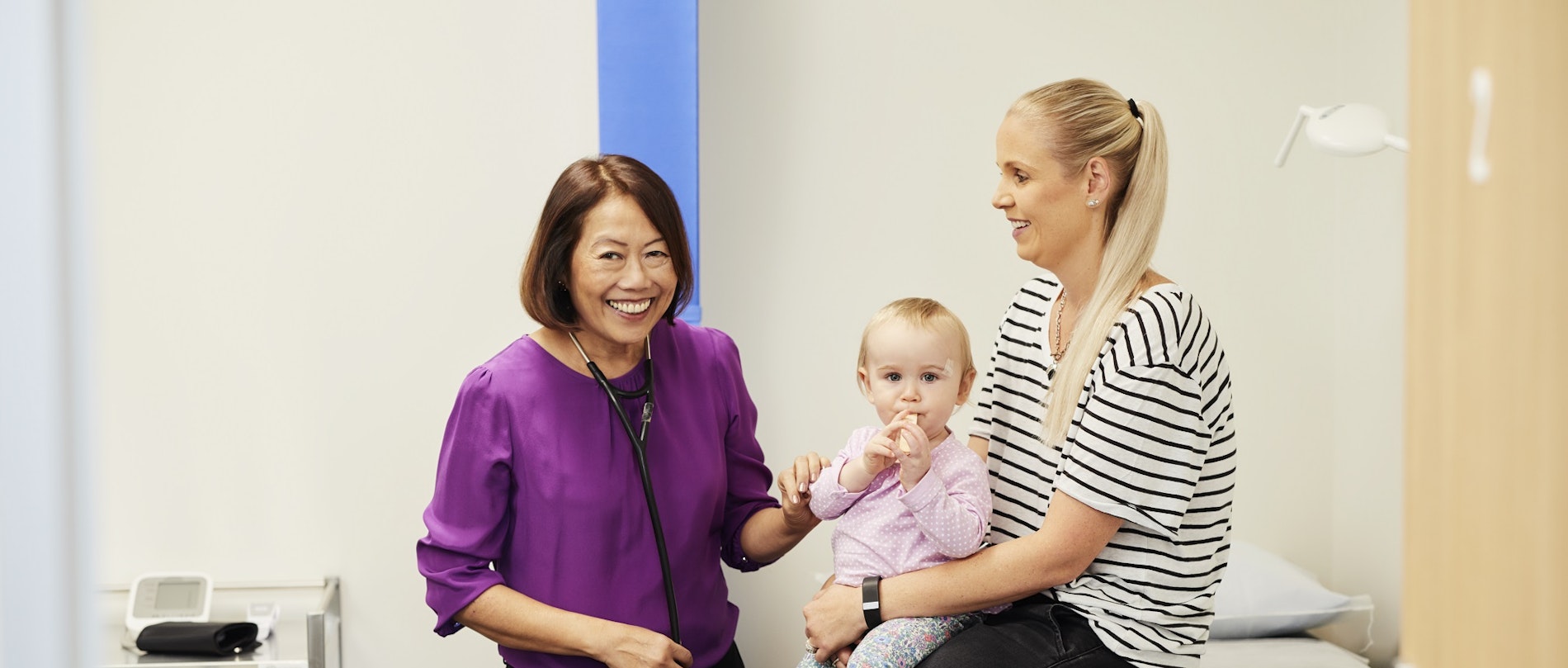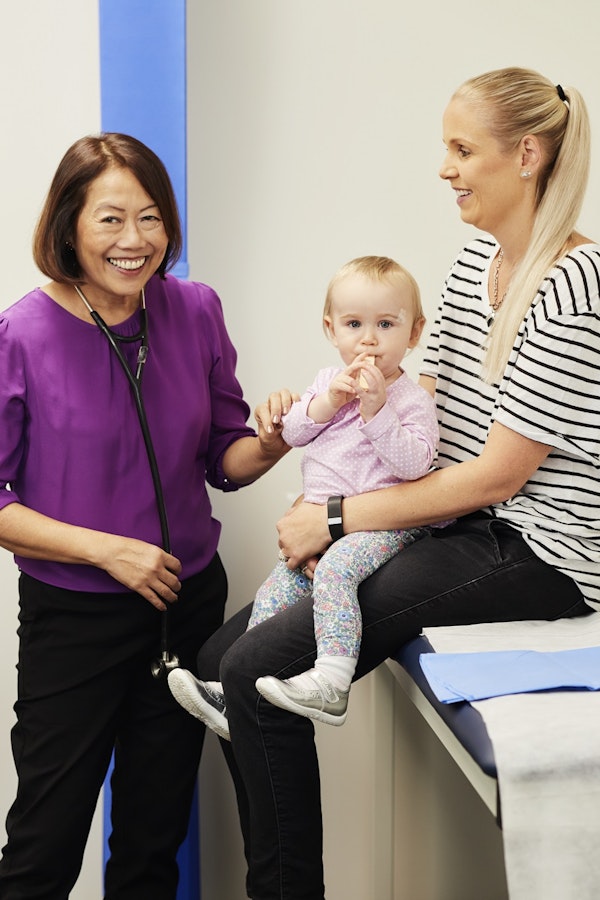22nd Jun 2020
Fragmenting care between GPs & pharmacies will lead to poor patient outcomes
Increased pharmacist participation in the National Immunisation Program is not a win for patients.
Last week, the Seventh Community Pharmacy Agreement was signed in Canberra and with it, indications that pharmacist participation in the National Immunisation Program will be increased. This may be considered a win for pharmacists, but it is not a win for patients.
Only a GP can ensure that patients get the correct vaccine for their age and overall level of health, safely administer the vaccine and monitor for any adverse reactions, and importantly have a conversation with the patient about their general health and well-being. This is particularly important for adults that may only visit their GP once a year for a flu vaccination.
Last week the National Centre for Immunisation Research and Surveillance (NCIRS) reported,
“likely substantial under-reporting of pharmacist vaccinations to the Australian Immunisation Register (AIR)".
The NCIRS continued,
“Accurate reporting of all vaccinations to the AIR is important to allow monitoring of vaccination uptake at the population level. It is also important at the individual level so that people and their treating doctors can track when they need more vaccines and reduce the potential for unnecessary repeat vaccinations”.
Despite recommendations from the NCIRS for improvements in the areas of pharmacist vaccinations, the federal government is supporting further pharmacist participation in the area.
A general practitioner is a trained expert in whole of patient care, and Australian GPs are world-leaders in delivering that care. As a country, we simply should not be risking inaccurate tracking of vaccination rates, and worse, a decline in vaccination rates due to multiple points of responsibility. Fragmenting patient care will lead to poorer outcomes, not better.
In a world so seriously affected by COVID-19, immunisation against preventable diseases in more important than ever. The federal government should re-think any moves that undermine the GP-patient relationship and disease prevention – for the sake of all Australians.

